Capital Outflow from South Asian Nations
Capital flight refers to international capital movements in response to domestic economic and political uncertainty. it is defined as the accumulation of resident, claims on non-resident, that escape the control by domestic Government which are not subject to any taxation, regulation or confiscation. In this book the authors estimated the amount of capital flight from six South Asian nations-India, Pakistan, Bangladesh, Nepal, Bhutan and Sri Lanka. The study tried to capture the correlation between the proportion of Capital flight with Openness index over the period from 1987-88 to 2003-04 for these six countries. During this period the selected countries had experienced economic crisis, to some extent, and then followed the path of liberalization. Whether the process of liberalization had aggravated the Capital Flight is analyzed in this book. The authors showed that opening up of the economy without achieving the strong financial position influenced the Capital Flight from these countries as a whole. The same is true for other developing countries as well. The process of capital flight through globalization and openness affects the poverty indirectly through the growth effects and directly through the channels of changing relative factor prices. This book tries to establish that globalization should not be viewed as a substitute for domestic development strategy, on the contrary, policymakers need to design and implement an active development strategy not only to benefit from , but to help the counteract the negative effects of the immutable forces of globalization. In analyzing the effects of capital flight in the era of liberalization, through substantial evidence, the book indicates that the poor and developing countries had not been catching up with the rich countries over the period 1985 to 2005. In terms of PCI, the gap between developed and developing areas of the world has not narrowed during this period. As a policy prescription measure, the book suggests that increased investment along with a redistribution of asset in favor of the poor would appear to provide the greatest benefit of the poor. If the countries want to implement redistributive policies, they should apply mechanisms that would maintain increased investment incentives.
Get it now and save 10%
BECOME A MEMBER

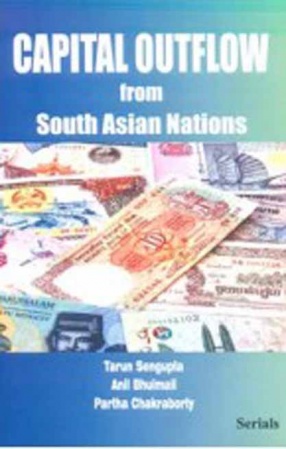

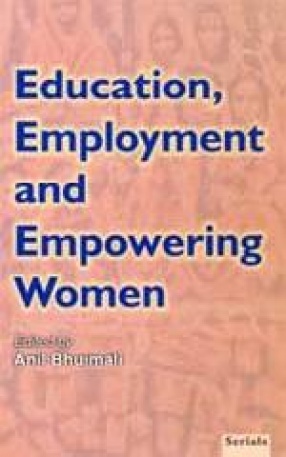
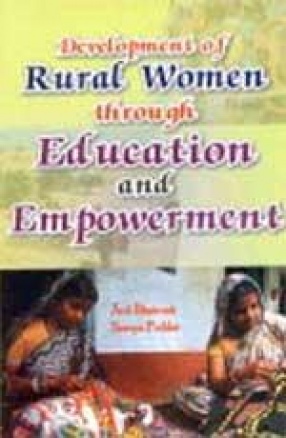
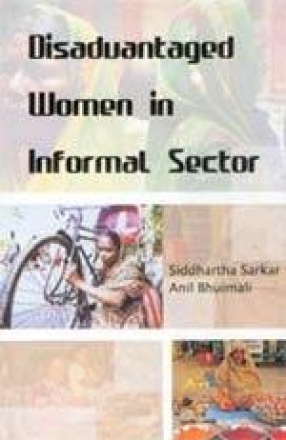



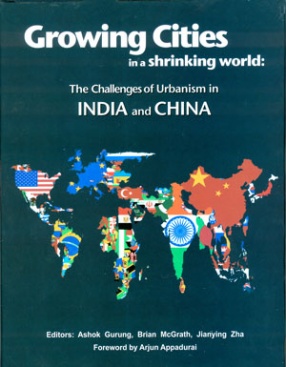

Bibliographic information
Anil Bhuimali
Partha Chakraborty